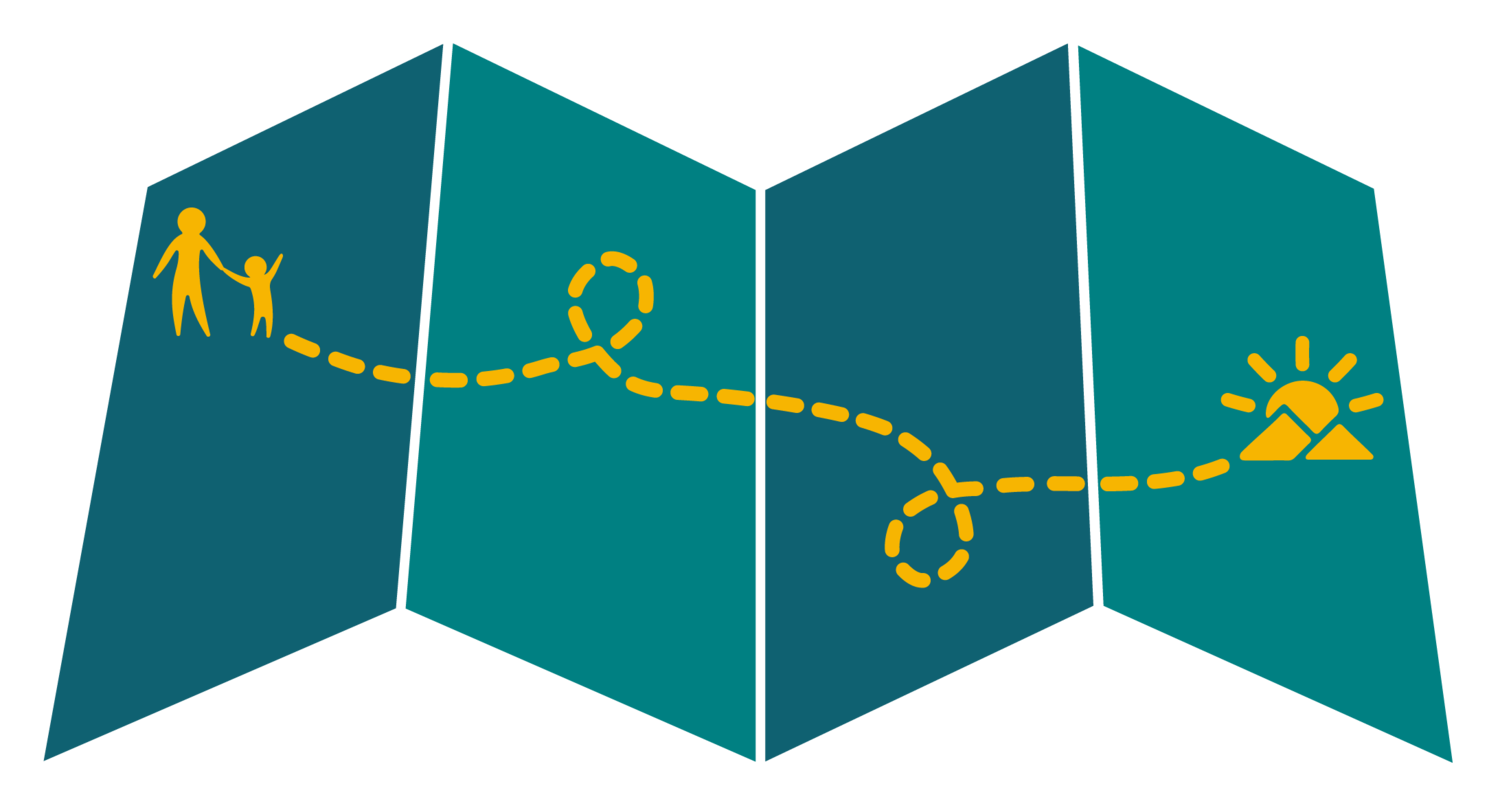7. Supporting Children in the Aftermath of Intimate Partner Homicide
According to data from U.S. crime reports, about 1 in 5 homicide victims are killed by an intimate partner, whether that’s a current or former spouse or dating partner. In the wake of these tragic deaths are the victims’ loved ones -- including children. Dr. Bianca Harper shares her expertise in supporting these child and adolescent survivors of intimate partner homicide.
6. Supporting Children (and Adults) Who Have Been Sexually Abused
In this episode, we explore how best to support survivors of sexual abuse. Along with our guest experts, we discuss how to provide an environment in which children (and adults) feel safe to disclose the abuse, how caregivers and clinicians should respond, and what the recovery process looks like for survivors and their families as they create a path forward.
5. Understanding Dissociation
When we experience trauma, our minds and bodies find ways to cope. What might look on the outside like spacing out, rapid mood or behavior changes, or an intense imaginary world, can actually be the child psychologically “disconnecting” from what’s happening or has happened to them. We call this “dissociation.” Clinical child psychologist Dr. Joyanna Silberg joins us for this episode. We discuss why dissociation takes place, what are early signs of it, and what we as parents and professionals who care for children can do to help.
4. Preventing Trauma
Through the intersecting lenses of advocacy, mental health care, medical care, and criminology, five guest experts help us explore trauma prevention strategies that make it possible to not only treat the after-effects of trauma but to help protect children from experiencing trauma from the earliest days of their lives all the way into adolescence.
3. What is Resilience?
Resilience is the main subject of this audio series, but what is it exactly? There are actually a lot of different definitions, and the concept of resilience is a bit controversial among experts in mental health and trauma spaces. In many ways, resilience is just as complex as trauma. So, in this episode, we’ll hear from several experts on their opinions about children’s and families’ resilience, what it is, and where it comes from.
2. What is Trauma?
Dr. Julian Ford and Dr. Amanda Zelechoski speak with several child trauma experts to help understand, “what is trauma?” and how does it differ from everyday stress? We discuss the ACE (Adverse Childhood Experiences) framework, the impact of early childhood trauma on brain development, and how we can begin to identify past traumas through a child’s current behavior.
1. Introducing: Roadmap to Resilience
Join experts in the field of child stress and trauma as they delve into research-based strategies for building resilience in children of all ages. Your hosts, Dr. Julian Ford and Dr. Amanda Zelechoski, along with guest experts explore how children and families successfully face and overcome adversity, and how helping professionals can support and empower this resilience. Together they’ll paint a holistic picture of what the roadmap to resilience looks like for children experiencing stress and trauma.








